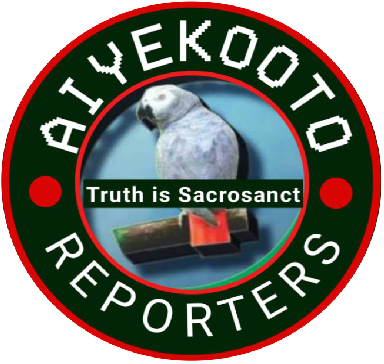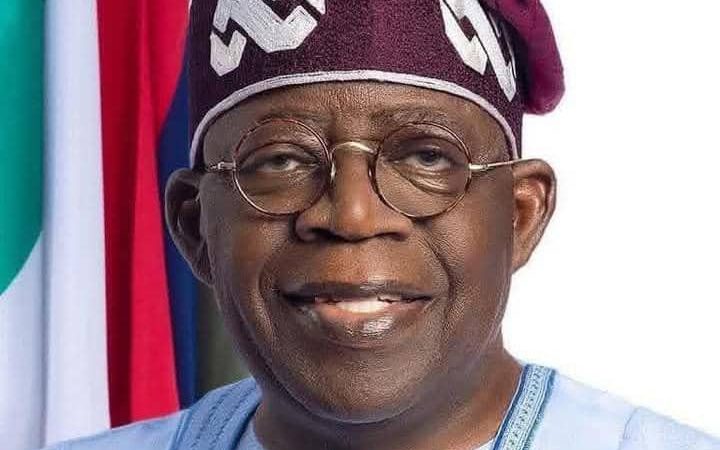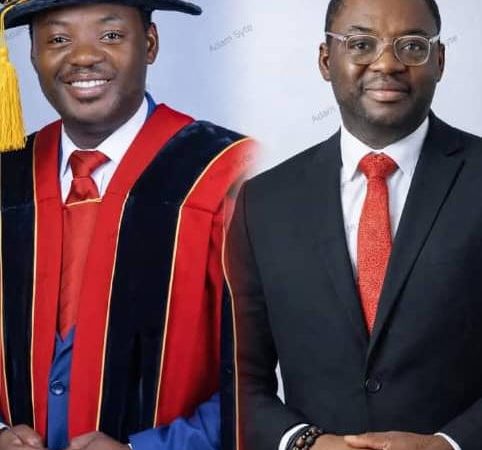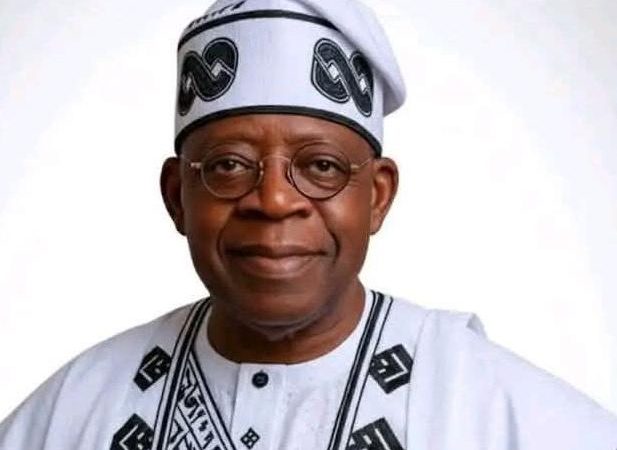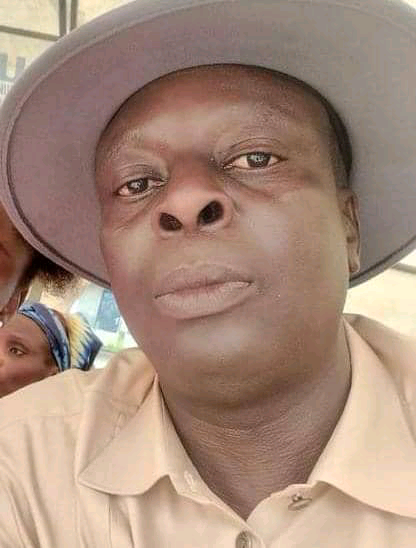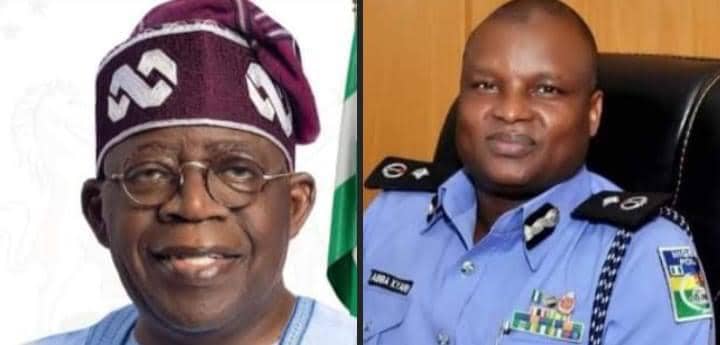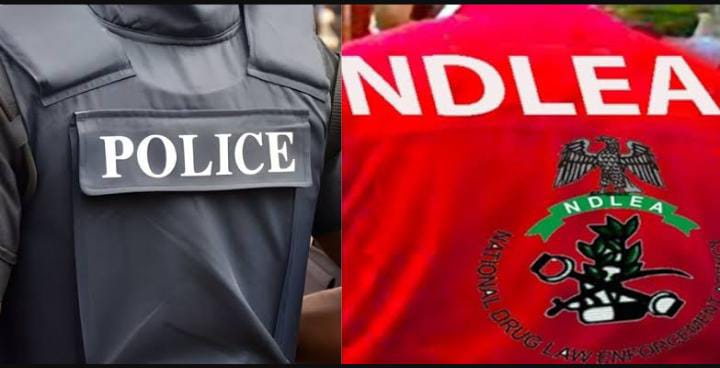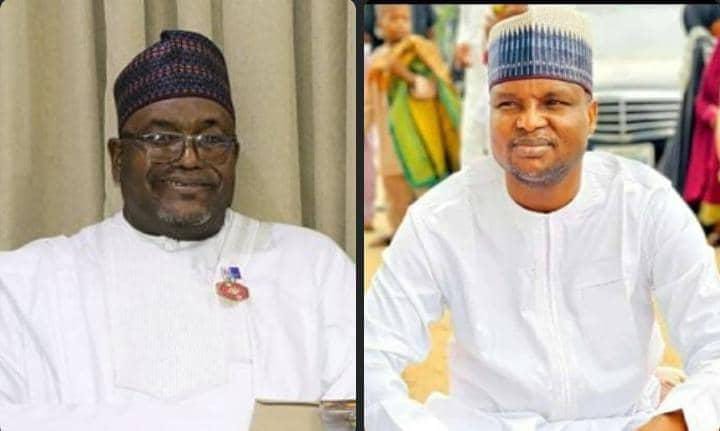In recent times, our nation has found itself at the crossroads of economic instability, leaving many citizens grappling with the harsh realities of a deteriorating financial landscape. The daily degeneration of the economy has reached a point where it is slipping out of the reach of the masses, prompting us to reflect on the fundamental aspects of our democratic process.
The irony becomes apparent when citizens, facing economic hardships, confront the fact that they played a pivotal role in electing the government responsible for the current state of affairs. The question arises: who truly voted for the ruling government, and are the masses being denied their voice in the ongoing economic crisis ?
Democracy is built on the principles of representation and accountability. Citizens exercise their right to vote with the expectation that their chosen leaders will prioritize their well-being and work towards the prosperity of the nation. However, as economic challenges persist and worsen, a sense of disillusionment sets in among the masses.
The disconnect between the electorate and the elected becomes glaringly evident when the very individuals who voted for the current government find themselves sidelined and voiceless in the face of economic adversity. It prompts a deeper examination of the democratic process and whether the elected representatives are truly reflective of the people’s will.
It is crucial to acknowledge that economic decisions and policies have far-reaching consequences that impact the everyday lives of citizens. As the economy falters, the burden falls disproportionately on those who are already vulnerable. The pressing question then becomes: did the masses truly vote for policies that contribute to their economic woes ?
In the pursuit of a fair and just society, it is imperative for citizens to engage in open dialogue with their elected representatives. Holding leaders accountable for the decisions they make is an inherent part of the democratic process. However, the current scenario suggests a breakdown in this essential aspect of democracy, where the very individuals who cast their votes are left without a meaningful avenue to express their concerns.
To address this dilemma, there is a need for greater transparency and communication between the government and the governed. Citizens must be informed about the economic decisions being made on their behalf, and elected officials should be receptive to feedback from the very people they represent. Only through an open and accountable democratic process can we hope to bridge the gap between the electorate and the elected.
As we navigate these challenging times, it is incumbent upon us to reevaluate the dynamics of our democracy. The power to bring about change lies not just in the hands of those who govern but also in the hands of the governed. It is time for a renewed commitment to the principles of democracy, ensuring that the voices of the masses are not only heard during elections but also respected and considered in the ongoing governance of our nation.
